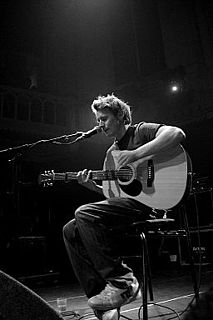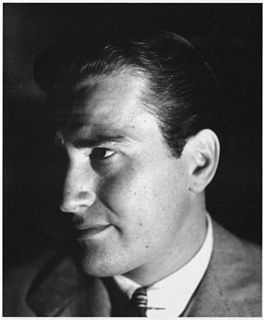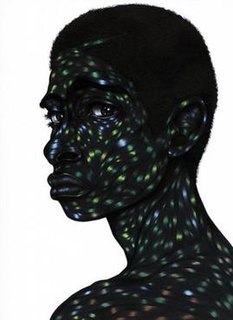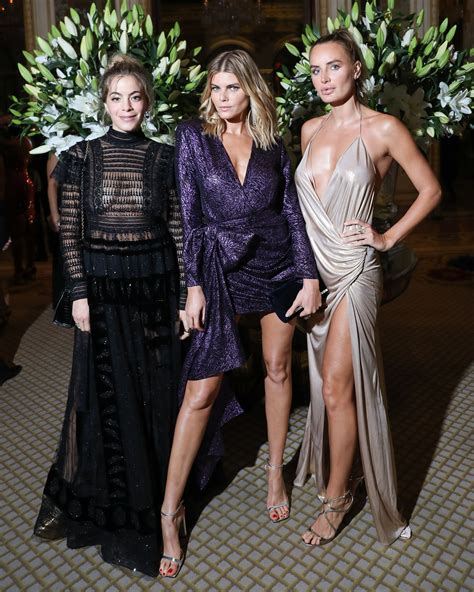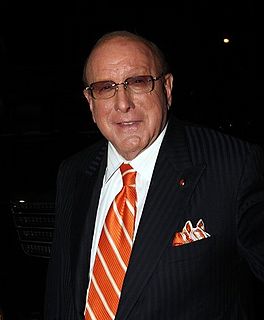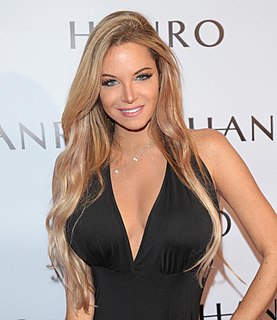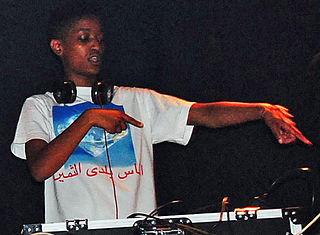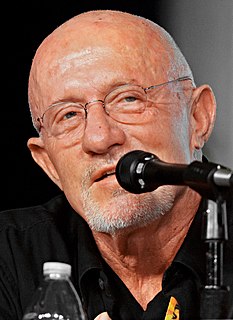A Quote by Amanda Palmer
You get the feeling that on a lot of days the audience for most music would kind of rather not be faced with the artist, especially because we've been educated to think that the artist are these special creatures are otherwordly and aren't like us.
Related Quotes
Why was the painting made? What ideas of the artist can we sense? Can the personality and sensitivity of the artist be felt when studying the work? What is the artist telling us about his or her feelings about the subject? What response do I get from the message of the artist? Do I know the artist better because of the painting?
I'm not conditioned to be an entertainer. An entertainer pleases others while an artist only has to please himself. The problem with that is artists are misunderstood by all. I'm not interested in the clarinet but in music. we speak our emotions into music. An artist should write for himself and not for an audience. If the audience likes it, great. If not, they can keep away. My situation is the same. Let them concentrate on my music and not on me. I like the music. I love it and live it, in fact. But for me, the business part of music just plain stinks.
I started blogging because I didn't know if I wanted to be an artist. I wanted to talk to other people online who were doing art, so I would post work and ask for feedback. I loved that an artist like James Jean would show his process on his blog. It became this open dialogue that, unfortunately, we don't have a lot in the fine-art world. People will say, "Wow, you share a lot." I'm like, "No, I make it a point to." Instagram is a great place for people to share failure. I don't want people to think that being an artist is some glamorous life.
They call it collective energy. It's that same feeling that you get when you meditate amongst a ton of people. What actually makes the festival feel so special is that while you're watching a band or an artist, you're standing there, kind of feeling the same feeling with so many people in such a small space and that gives you collective energy. It's that kind of strange feeling in which you almost feel people breathing.
There questions of wanting to be an artist, and what does that mean, what makes you an artist? Are you an artist if you're in a gallery in New York and not an artist if you're doing it at home? Do you need legitimation to count? If you've been acculturated to believe that you have certain obligations - familial, social, human - if multitasking has been your forte and that's what's been praised and rewarded, where do you find the single-mindedness, the selfishness to do something like art? I think those are questions that arise differently for women and for men.
I was worried that I, the artist Morimura, would have conflicts with the participating artists and develop a strenuous relationship with them. But the actual experience was completely the opposite. The artists accepted my requests rather positively, because it came from a fellow artist. I strongly feel that the fact that my being an artist avoided the usual curator vs artist tension, and led to creating a positive atmosphere as well as developing a solidarity amongst artists and building a community for artists.
I've learned over the years that you're going to be most successful at the things you're most excited to do. Every artist has a special set of tools. When you really use those tools, and you make yourself feel really good about the product you create, I think you'll find an audience for it. I've been very fortunate in that respect.



